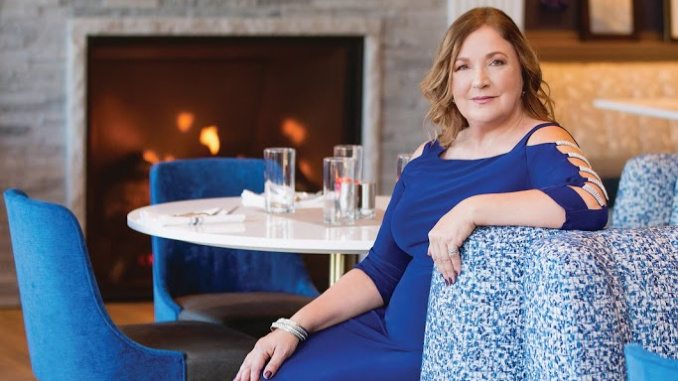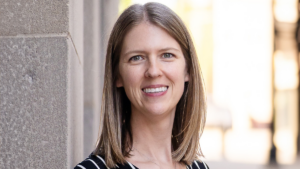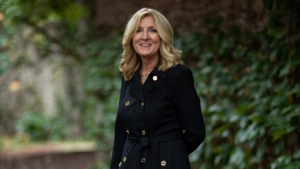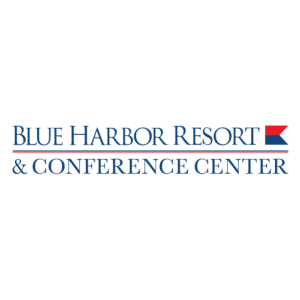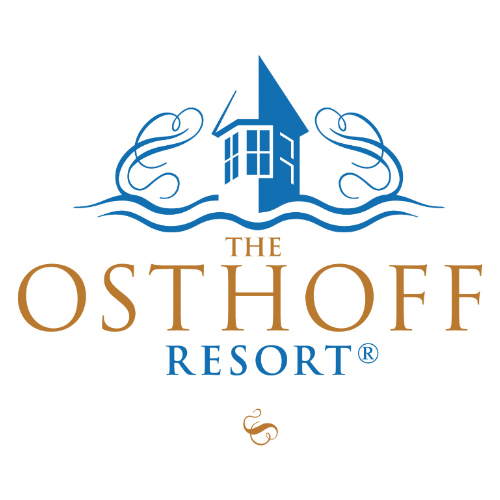Business Minded
04/13/2020
By Amy Wunderlin
Terri Yanke always had a knack for events — even before she made a career out of planning them. In high school, college and as she navigated the business world, Yanke always found herself planning.
“In retrospect, I’ve been planning events since high school … but it has never been my job to do events,” she says.
Until now.
After working as a buyer and marketer in the retail industry for many years, Yanke started Eventful Advantage, blending her business education and knowledge with her innate ability to plan a great event.
“When I started my business, I threw a wide net to see where I would find myself. I found I could do every type of event, but the place where I really added value — and where my greatest ideas came — were in collaboration with businesses,” she says.
Yanke focuses on her client’s return on investment (ROI) by zeroing in on their purpose and goals for an event. She says it is important to talk with the decision makers to identify what they hope to achieve with their event.
“That’s where my marketing background kicks in,” she says, noting that these discussions are necessary because ultimately clients know their businesses best. These conversations help planners individualize and customize events.
“Don’t take a cookie-cutter approach because every situation’s a little different,” she adds. “There are concepts you can share but tweak them to be specific to their purpose, their event and their goals.”
Yanke’s marketing experience also instills upon her the need to stay on top of trends. Every year she plans “inspiration trips” to see what’s happening in other parts of the world. Europe, for example, still inspires trends in the fashion world.
“When you create a product, you’ve got to create it way ahead of time, so you are guessing and predicting what people will want in a year’s time. That is what I am talking about when I am looking at how I do events differently,” she explains. “[In retail] the white space on the floor is what doesn’t exist yet that could sell. That is how I approach the combination of business and event planning — by analyzing what’s going on in the world right now.”
She sees a growing desire for more experiences at events as a primary trend. “There’s a whole trend to turn off devices and actually connect with people,” she says.
Planners create positive experiences, Yanke says, when they touch on all five senses as attendees interact at an event.
“An experience is a psychological thing. It makes you remember,” Yanke says, further explaining that positive memories influence sales or brand appeal. “When someone has a positive experience, it becomes a long-term memory. To create a lasting impression, make sure you touch upon all the senses and actually get attendees involved.”
For example, at a networking event, the sense of touch can have a major impact as people interact by shaking hands or by playing an icebreaker game that helps them get to know each other. Food is another great way to incorporate multiple sensory experiences. At a recent event, Yanke hired chefs that cooked to order, which got attendees involved and created a nice aroma giving the room a homey feel.
Besides creating shared experiences, Yanke finds attendees want businesses to show vulnerability and personality. They want to understand the reasons behind a company’s actions, she says.
“The time is right for this approach — having events to grow your business and thinking of them as more than just a party but as a valued part of your marketing strategy,” she says.
Yanke further warns that planners can’t be afraid to think outside of the box. “Don’t be afraid to borrow an idea, and tweak it to make it work for you,” she concludes.

